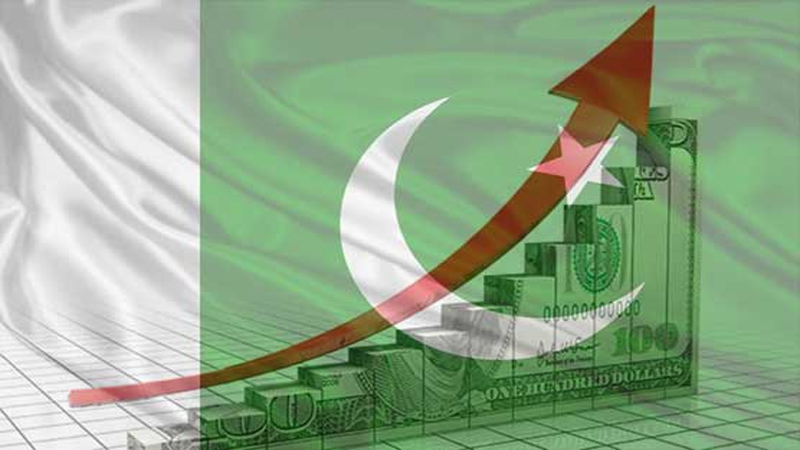In its latest projection, the United Nations (UN) has envisaged a surge in economic growth and a significant reduction in inflation for Pakistan, aligning with recent forecasts put forth by the World Bank and other global financial bodies.
According to the 2024 Economic and Social Survey of the Asia-Pacific region, released by the UN Economic and Social Commission for Asia and the Pacific (UN-ESCAP) on Thursday, Pakistan is anticipated to experience real gross domestic product (GDP) growth of 2% in the current fiscal year, with an uptick to 2.3% in the subsequent fiscal period.
The report highlighted the challenges faced by Pakistan’s economy, including political unrest and a massive flood that disrupted agricultural production. However, it noted that the country managed to secure external assistance, particularly from the International Monetary Fund (IMF), and other bilateral partners such as China, Saudi Arabia, and the United Arab Emirates.
UN-ESCAP’s survey indicated a positive trajectory for Pakistan’s economic growth, anticipating an acceleration in the current fiscal year and projecting a further increase of over 2% in the next fiscal year. Moreover, it forecasted a significant reduction in the inflation rate from the current 26% to 12.2% in the upcoming fiscal period.
The report underscored the importance of addressing tax gaps in countries like Bangladesh, Pakistan, and Sri Lanka, emphasizing that enhanced tax policies and administration alone might not suffice to bridge the development financing gaps. It called for comprehensive improvements in socioeconomic development and public governance alongside larger-scale tax revenue enhancement efforts.
Echoing the UN’s optimism, earlier assessments by the World Bank and Bloomberg reports also pointed towards economic stability and growth in Pakistan. The World Bank had similarly projected an increase in GDP growth rate and a decline in inflation, affirming the positive signs emerging in Pakistan’s economic landscape.
Amidst discussions about the Asia-Pacific region, the UN survey emphasized the need for developing countries to secure adequate and long-term resources. It highlighted the dilemma faced by these nations, whether to prioritize debt repayment or allocate resources towards critical sectors such as education, healthcare, and social welfare, underscoring the broader developmental challenges in the region.










Leave a Reply